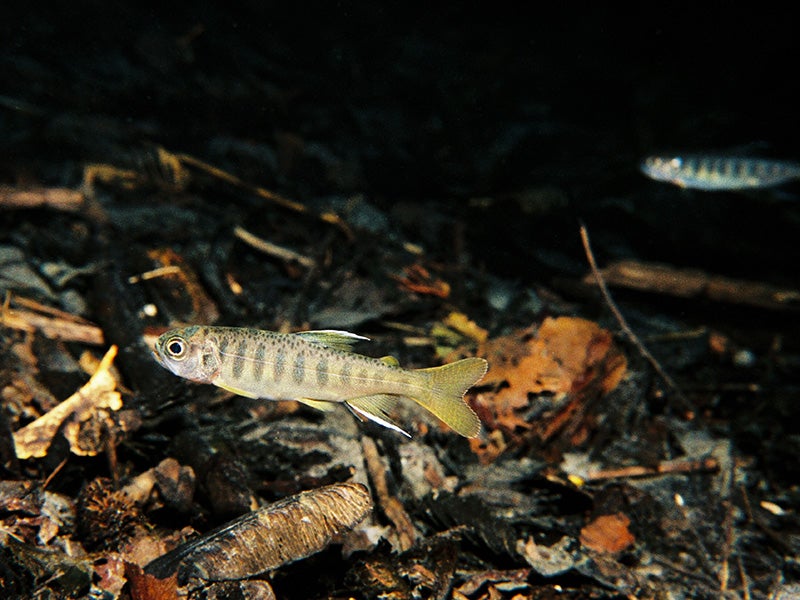Saving Endangered Coho Salmon In The Klamath Basin
Agricultural practices are de-watering the Shasta and Scott rivers, exacting a huge price on salmon and painting an uncertain future for the species.
Case Overview
The Shasta and Scott Rivers—tributaries of the Klamath—are two of California’s key spawning grounds for coho salmon. But agricultural practices that are de-watering both rivers have exacted a huge price on salmon and now paint an uncertain future.
According to preliminary data from video fish counts on the Scott and Shasta rivers done by the California Department of Fish and Game in 2009, only 81 coho returned to the Scott River, while in the Shasta a mere nine coho returned, reportedly all of them male. Biologists also reported that two out of three classes of coho in the Shasta River are functionally extinct. These devastatingly low returns continue an alarming population decline in watersheds that once provided some of the best habitat anywhere in the Klamath Basin.
Earthjustice filed suit on behalf of a coalition of tribes, conservationists and commercial fishing groups to ensure that coho salmon in California have the water they need to spawn. In 2011, a federal judge ruled that it is illegal for ranchers to divert water from the Shasta and Scott rivers. The judge said the program, run by the California Department of Fish and Game, failed to adequately consider the harm to protected coho salmon. The diverted water is used to grow hay. Despite this victory, survival of salmon is not certain, so Earthjustice continues its work to protect coho in the Klamath Basin.

Case Updates
Case page created on November 4, 2010.